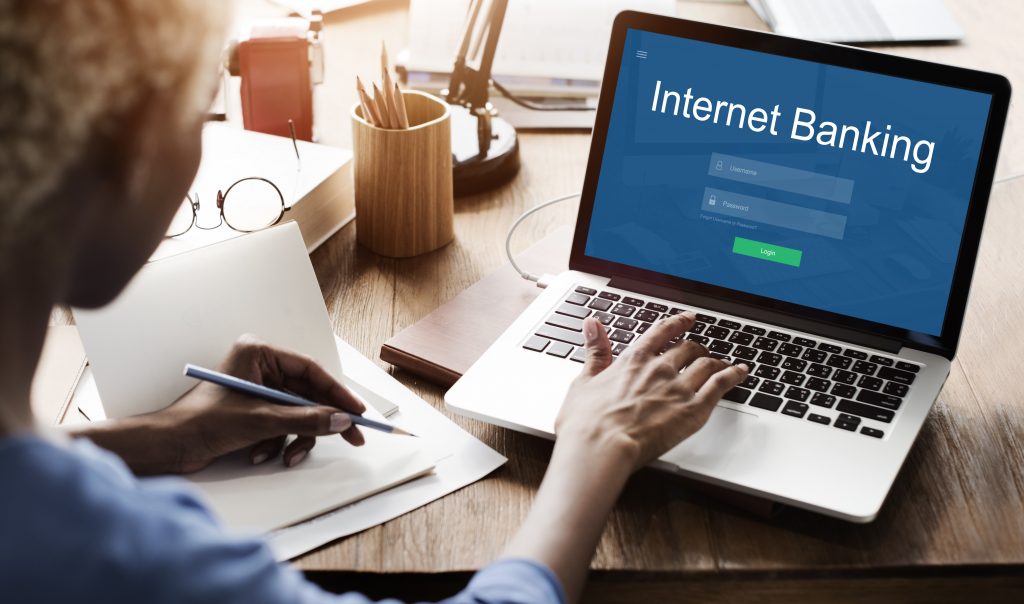People are increasingly using their bank’s online banking services to check their bank statements, transfer rent, and pay bills from the comfort of their own homes. Even while banks do everything they can to keep our accounts safe, identity theft and financial loss remain a problem. As the use of VPNs (Virtual Private Networks) becomes increasingly common, many are beginning to wonder if using one for online banking is safe.
VPNs Give You Extra Security
VPNs are widely regarded as a crucial line of security against hackers and data snoopers. Once configured, a VPN builds an extra-secure data tunnel to the VPN provider’s server, which anonymizes all internet connections. This means that your internet activities are completely undetectable. Using a VPN on public Wi-Fi networks where many people share the connection is very advantageous, but it can also be handy in a private home environment when sensitive data needs to be protected.
Without a VPN, your banking transactions, as well as personal information such as your name and bank account numbers, can be obtained by hackers and exploited to steal your money or identity. If you utilise a VPN, however, your data transmission is also encrypted, making your transactions safe from prying eyes.
When should you use a virtual private network (VPN) for online banking?

Accessing Your Bank Account Using Public Wi-Fi
It’s a good idea to add an extra layer of protection if you utilise a public Wi-Fi connection, such as a hotspot in a restaurant, airport, or hotel. When sharing an open network, a VPN will mask your location and IP address, making it difficult for anyone with malicious intent to track you down and even more difficult for them to hack into your device. Furthermore, your data will be encrypted, ensuring that no one can listen in on your conversations or steal personal information such as login credentials or passwords.
When You’re On The Go, You Can Bank Online
Some banks track IP addresses to keep an eye out for suspicious activity on an account from another country. While this is normally a good thing, it may cause issues while travelling and result in your account being blocked. You will not be locked out if you use a VPN to connect to a server in your own country.
When It Comes To Internet Banking, Smartphone Apps Are a Great Way To Go
The majority of us are becoming increasingly accustomed to handling our daily duties, including banking, via our phones. Hackers, trojans, and viruses frequently attack mobile phones, particularly Android smartphones. Even though your banking software encrypts data transferred from your phone, using a VPN offers better overall security, especially while transferring payments on the fly.
To protect against assaults, you should install sophisticated antivirus software on all of your devices, including mobile phones. Finally, ensure that your device is running the most recent software updates so that you are protected by the newest security patches. If you want to start utilising online banking, you must first register for an e-banking account registration Malaysia.










